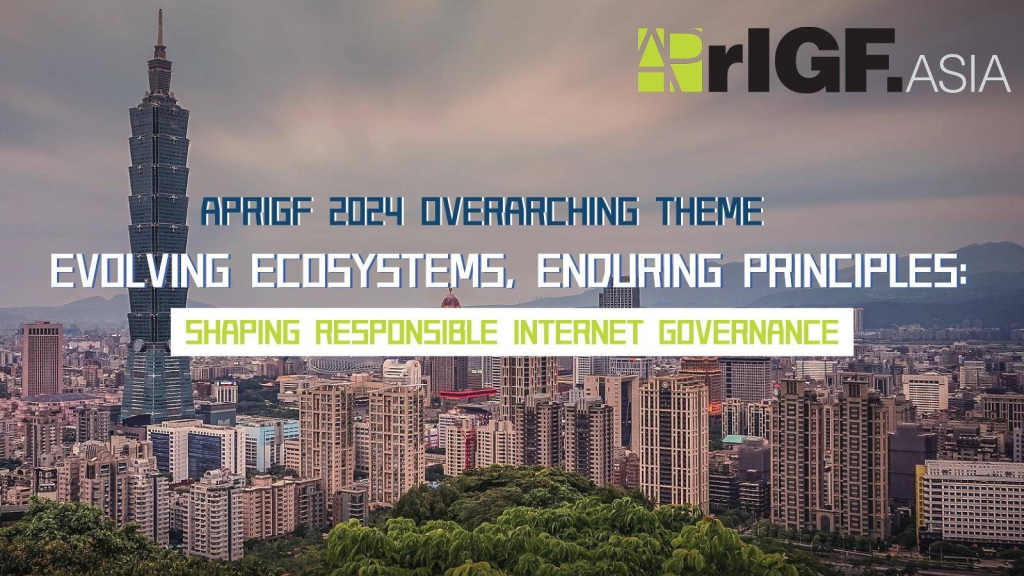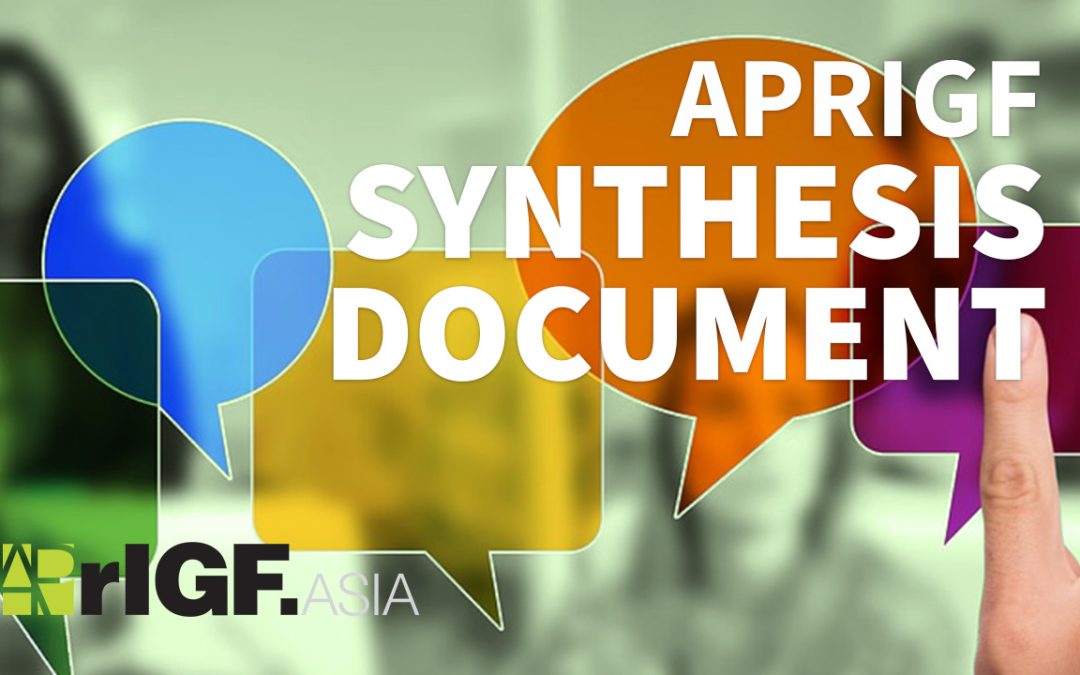
The Internet governance landscape in the Asia Pacific region is continually transforming. Internet connectivity and adoption are steadily increasing yet the challenges around inclusion, safety and security, affordability and digital rights remain critical. As stakeholders of the Internet ecosystem diligently work to address these challenges, the core Internet principles of openness, decentralization, and accessibility for all are still relevant today. With the advent of new and emerging technologies, and the potential for AI to accelerate these new changes, how should we tackle the corresponding governance issues that arise? As the Internet evolves, the Internet governance processes will also need to evolve according to the core Internet principles. The APrIGF 2024 will discuss issues related to global governance and ways for Internet actors to shape these processes responsibly.
Thematic Tracks
Security & Trust
The Internet ecosystem is evolving day by day due to continuous development and expansion of technologies, platforms and services. It is a very dynamic and continuous process driven by innovation, market demands and emerging technologies. Diverse stakeholders, technological advancements, increasing dynamic nature of ecosystems has introduced many complex issues for security and trust of the Internet, making it challenging to ensure robust security measures and maintain trust. How can enduring principles address those complex challenges including cybersecurity risks, data privacy concerns, information integrity, online safety, child protection online and trust in innovation in a collaborative manner for shaping responsible Internet governance?
Resilience
Resilient internet is critical for ensuring that communication infrastructure, services, and data exchange remain reliable even in the face of various challenges. Concerted effort by multiple stakeholder groups is required to mitigate disruptions to the Internet. They need to work together closely when developing policies that impact the interoperability of the Internet.
In the face of growing cyberthreats and disruptions, what measures may be taken to improve sustainability and strengthen resilience of digital infrastructures in the APAC region? Furthermore, how can stakeholders collaborate and ensure that local communities and businesses have the autonomy to shape their digital futures in alignment with their socio-economic priorities and values?
Ethical governance of Emerging Technologies
It is crucial to achieve a balance between regulations and innovation when navigating the present realities of new and emerging technologies such as AI. This delicate equilibrium is necessary to harness the positive impact of emerging technologies on society. However, ethical concerns remain around transparency in technology design, mitigating bias, privacy and data protection, impact on human rights, and the need for effective oversight and internationally recognised standards for regulation.
How can regulatory frameworks be adapted to keep pace with the rapid evolution of AI while fostering innovation and positive societal impact?
What criteria can be established to responsibly develop applications and services using these emerging technologies?
Should you have any queries, please contact the secretariat at [email protected]

